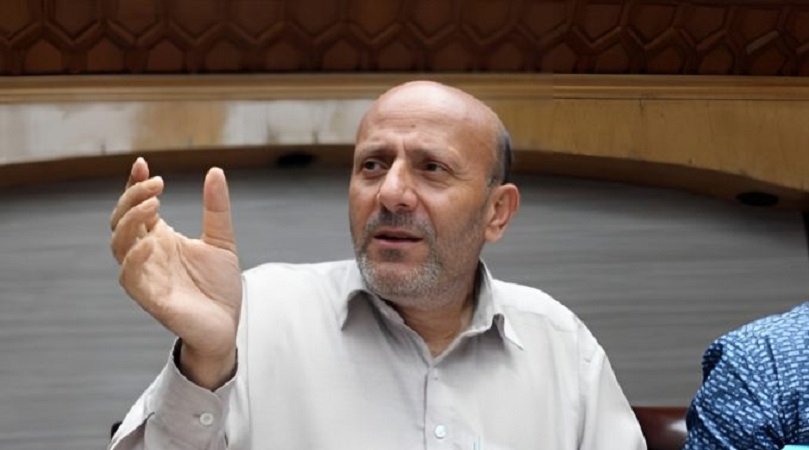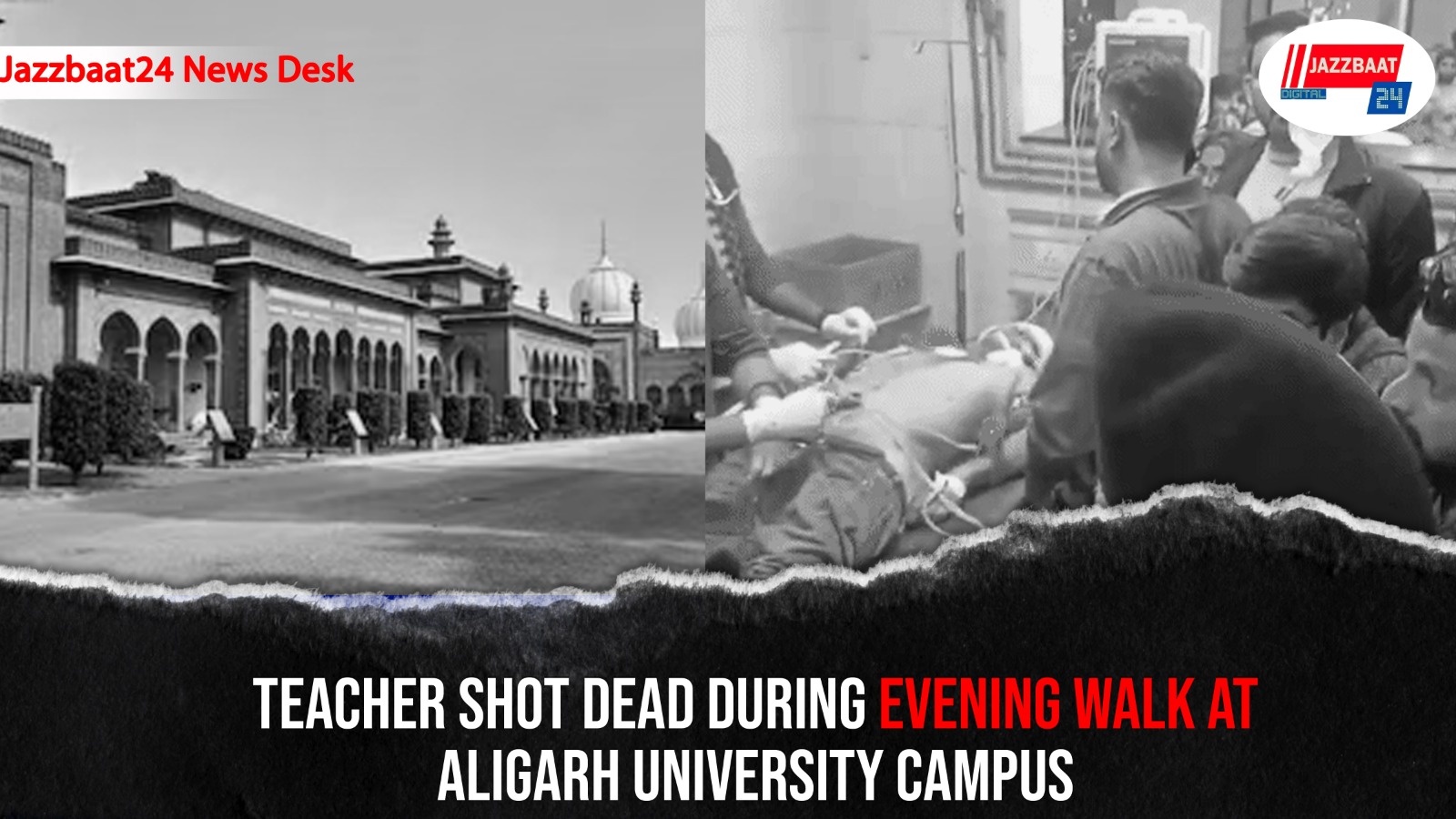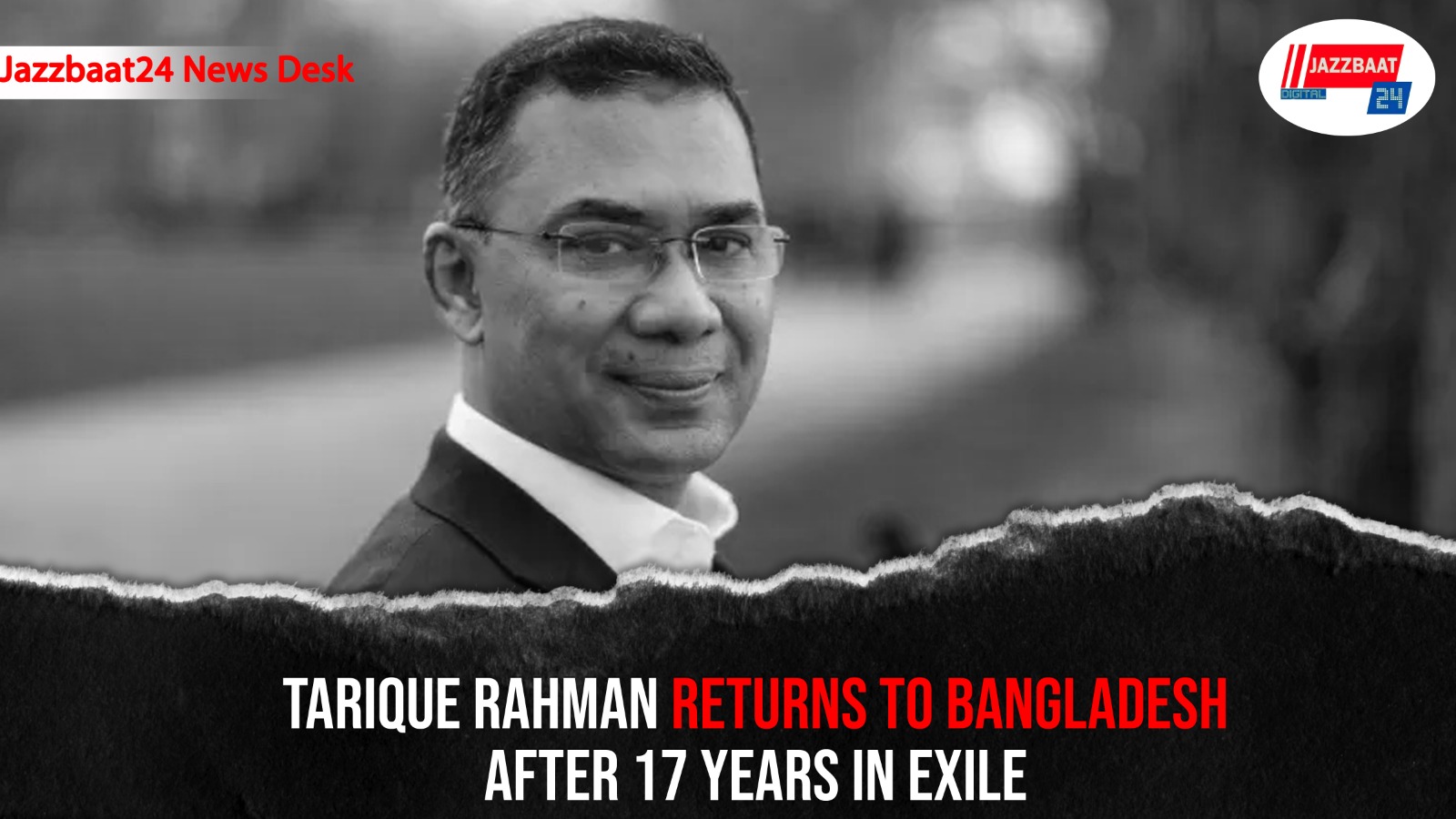Justice Delayed, But Not Denied: Engineer Rashid's Bail Sparks Debate
The recent granting of interim bail to Lok Sabha MP Engineer Rashid, who has been incarcerated since 2019 under the Unlawful Activities (Prevention) Act (UAPA), reignites the ongoing debate surrounding the intersection of counter-terrorism laws and individual rights. Rashid's arrest in a terror funding case had set off a wave of political discourse on the extent of the state's power in curbing freedom under the guise of national security.
The case against Engineer Rashid is emblematic of how the UAPA has been used to detain individuals for extended periods without trial. Rashid, a former independent MP from Jammu and Kashmir, was arrested by the National Investigation Agency (NIA) in connection with an alleged terror funding case, which has had far-reaching consequences for his political career and personal life. The fact that he has spent over four years in jail without a conviction underscores the need for a critical review of how UAPA is being implemented.
While it is true that national security is paramount, it is equally important to uphold the principles of justice and the presumption of innocence until proven guilty. The UAPA, often described as a draconian law, allows the state to detain individuals indefinitely under suspicion, effectively bypassing the legal safeguards afforded to citizens under other criminal laws. Rashid’s case highlights the risk of prolonged detention without sufficient evidence being brought to trial.
The Delhi court’s decision to grant interim bail is a significant moment in Rashid’s long battle for freedom, but it also raises critical questions. Why did it take four years for the court to act? And what message does this send about the balance between national security and human rights? As Rashid steps out on bail, the spotlight now turns to the judiciary and lawmakers to ensure that individuals like him are not made to languish in prison without the due process of law.
While the full legal outcome of Rashid's case remains to be seen, his release on interim bail sends a powerful message: justice may be delayed, but it cannot be denied.





